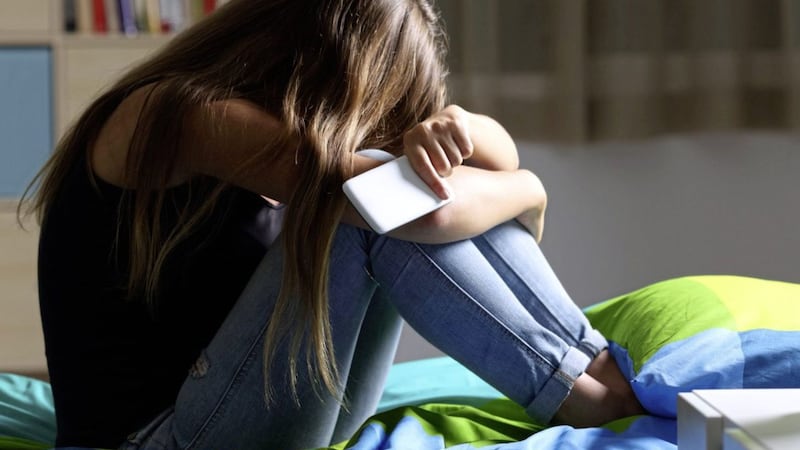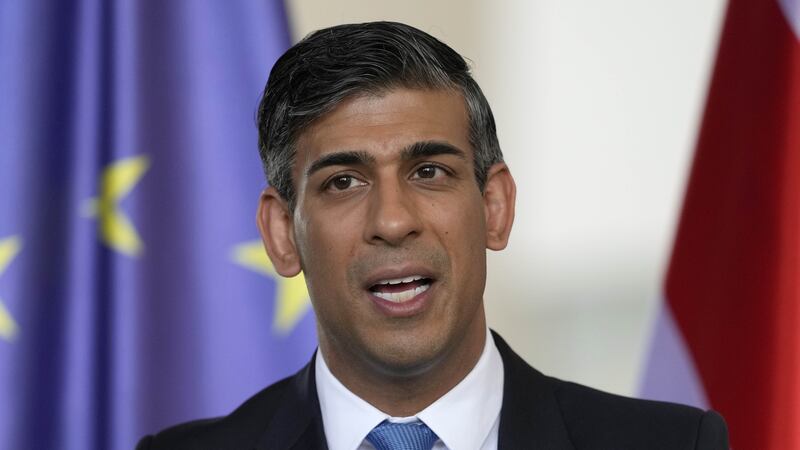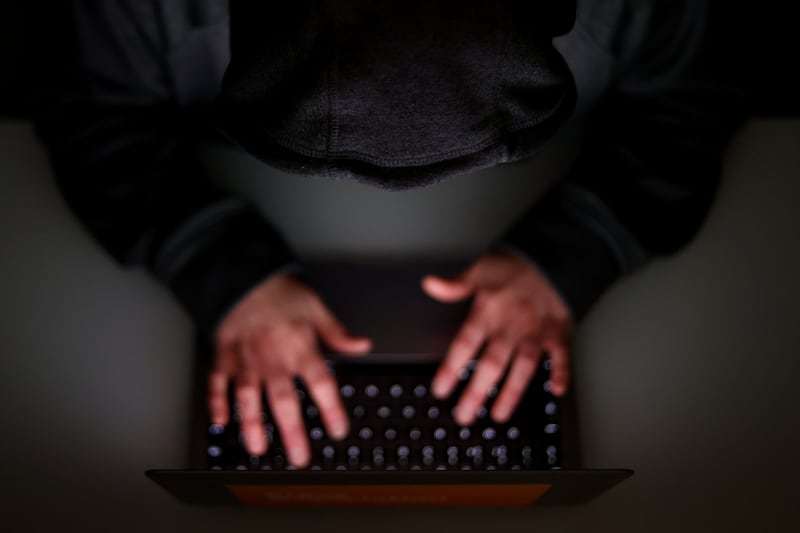SOCIAL media is impacting negatively on children's emotional health, causing conflict between pupils, anxiety, stress and isolation, inspectors have warned.
A report found there is growing concern that pupils are measuring their self-worth through the number of `likes' they attract through sites including Facebook, Twitter and Instagram.
The Education and Training Inspectorate (ETI) carried out an evaluation survey to identify effective practice in supporting pupils to overcome emotional health and wellbeing issues in schools and centres providing education other than at school (EOTAS).
Almost 80 schools and centres responding to a questionnaire identified more than 4,000 pupils with issues.
While they are able to access free support services through the Education Authority and health service, many reported frustration with lengthy referral processes and delays in accessing this.
Consequently, many schools pay from their own budgets for any interventions which are urgently required.
All schools report this is placing increased pressure on budgets which are already significantly constrained and there are concerns that due to the lack of any quality assurance of `signposting', the support which is purchased may not always be high quality or value for money.
Schools report that the emotional health and wellbeing needs of the pupils are becoming more complex and wide-ranging and that slightly more boys than girls require support.
Pupils with needs are identified from as early as P1 in primary school right through to post-16 provision, with the proportion who require support increasing steadily with age. However, the individual issues are equally severe across all the key stages.
Broadly speaking, the ETI found, issues fall into two groups. Those pupils whose behaviour `act out' (mainly boys) and those who are anxious, withdrawn and often socially isolated (boys or girls).
The five most common reported areas that impact negatively on pupils’ emotional health and well-being are: anxiety; stress; anger; relationships; and home-life.
Increasing numbers of pupils are suffering from anxiety as a result of attachment disorders, school work, examination pressure and academic performance, friendships and family relationships.
Anxiety is the most significant issue.
"There is a negative impact of social media on pupil emotional health and well-being," the ETI reported.
"The reported misuse of social media and the inappropriate sharing of information online is causing conflict between pupils resulting in anxiety, stress and social isolation; consequently schools and centres are dedicating prolonged periods of time to resolve such issues.
"There is growing concern that pupils are measuring their self-worth through the number of ‘likes’ they attract through social media and how this compares to their peers. Negative body image and low self-esteem is an associated concern."








